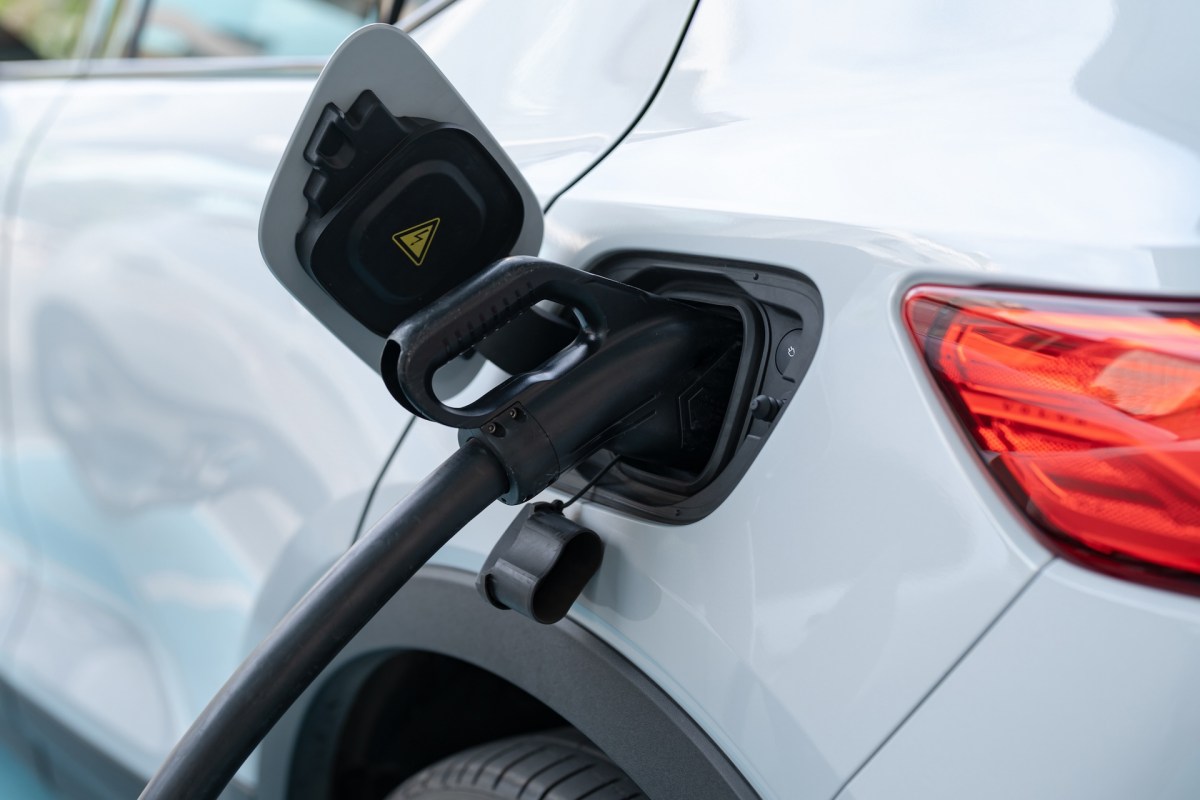When EV manufacturers dropped prices last year — led by Tesla and then Ford — you may have assumed that the lower sticker prices signaled a good time to buy instead of lease an electric vehicle.
But the truth is that the safest bet in the ever-growing EV world is still to lease.
Why? Because federal tax credits of $7,500 can apply to all leased EVs — you just have to check and be sure that the leasing company is passing the full value to you and not holding any back.
According to Consumer Reports' Chris Harto, "A lease is considered a commercial sale to the leasing company and is eligible for a separate commercial vehicle tax credit that has fewer restrictions than the consumer tax credit."
If you buy an EV, more stringent rules may apply and affect your credit, including the sticker price of the car (for example, if it's too expensive to qualify), where the vehicle is manufactured, where the battery materials and components are from, and your own household income.
And now, with EV sales having slowed in the U.S. (even though year-over-year, EV sales increased by 50% last year), there's more inventory on dealer lots than ever before, and more new models are arriving this year. That gives you an advantage because dealers don't want vehicles parked and aging on their lots, so they are incentivized to pass on the tax credit. If they're not, you can always go elsewhere.
Don't forget to research state and local incentives as well. In California, for example, there may be an additional up to $9,500 to apply — and this may even be increasing.
Plus, most leases have two- to three-year terms, so when it's time to turn in your vehicle, you can roll into a newer ride with the latest new technology on the market.
According to GreenCars, EVs lose on average roughly 1-2% of range a year, depending on certain factors, including how often you fast-charge and how often your car heats up in sunny, warm climates, to name a couple.
So even if you pony up for an extended-range EV, over the course of ownership, its range will gradually diminish and, ever so slightly with it, its value. EVs have depreciated slightly faster than other vehicle categories today, though most of this effect is because EVs used to be more expensive and their sticker prices have managed to become more affordable over the last two years, pulling down the value of used models as well. The Tesla Model 3 tends to hold the most value across the industry after five years. Leasing would somewhat safeguard against further price reductions in the EV market.
And if you lease, you'll almost certainly have a warranty to help cover maintenance and repairs.
Factor that into what may seem like higher costs for leasing the cost of replacing old battery packs, which can cost $3,000-$5,000 for a first-generation Nissan Leaf (which isn't worth much more than that outright) to the current costs for Teslas: $13,000-$14,000 for a Tesla Model S and around $7,000-$11,000 for Model 3s and $11,000-$13,000 for Model Ys.
While buying an EV is still a great decision against buying a new gas-powered car, for those without as much financial flexibility, leasing an EV appears to be an even better option right now.
Join our free newsletter for weekly updates on the coolest innovations improving our lives and saving our planet.









